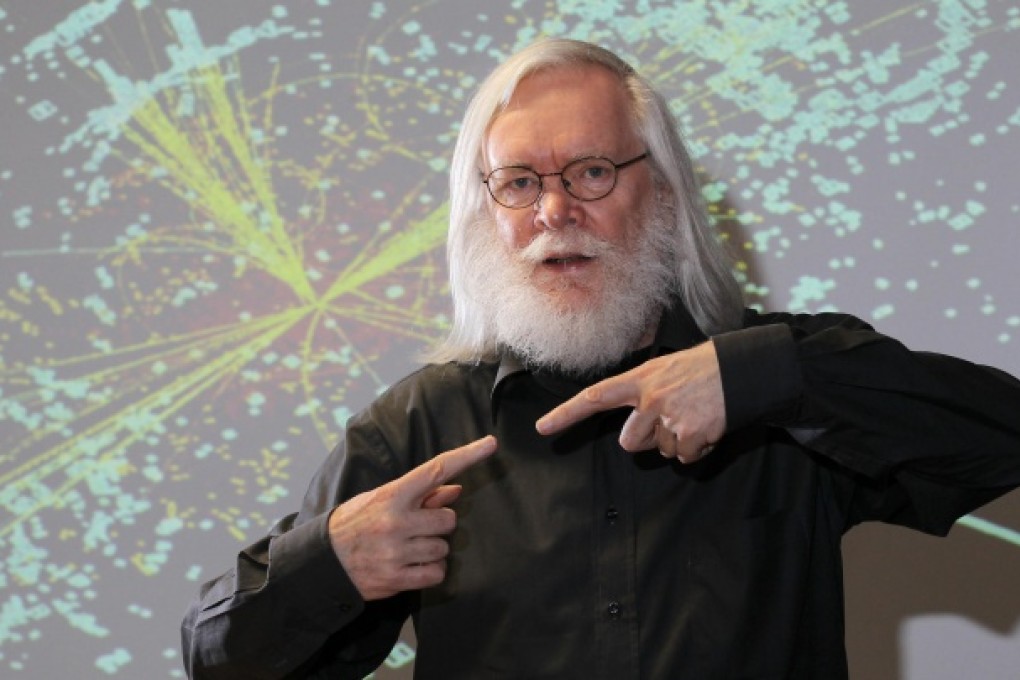The Daily Matter | John Ellis brings the universe's secrets down to earth
John Ellis makes the abstract concrete with a little humour and few lessons from a lifetime spent pondering the biggest of all questions

"What do you do young man?" asked Margaret Thatcher with her characteristic English bark. It was 1982, and the then British prime minister was on a visit to CERN, the European laboratory for particle physics where scientists were looking to understand the most minute workings of the universe.
"I think of things that the experiments can look for, and I hope that the experiments find something different," replied a young John Ellis.
"Wouldn't it be better, young man, if they found what you predicted?" she said.
Ellis replied: "If all that they found was exactly what we'd predicted we wouldn't have any clues as to how to advance. What we really want is something that is at least a bit different."
Cut to the modern day: John Ellis, now 66, is one of the foremost experts in the field of particle physics. Ellis has appeared on The Daily Show and in the pages of Vanity Fair and The New York Times, as CERN, its Large Hadron Collider and the elusive Higgs particle they may have helped discover became the stuff of sexy science.
"CERN scientist shows The Post the lighter side of Higgs boson", Video by Hedy Bok and Silvio Carrillo
